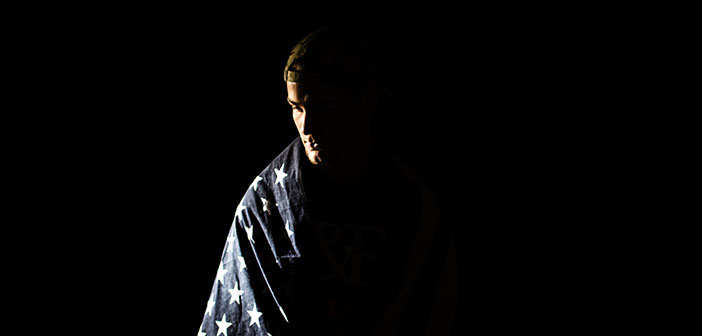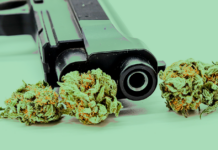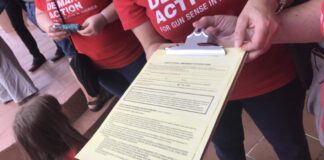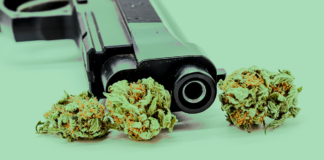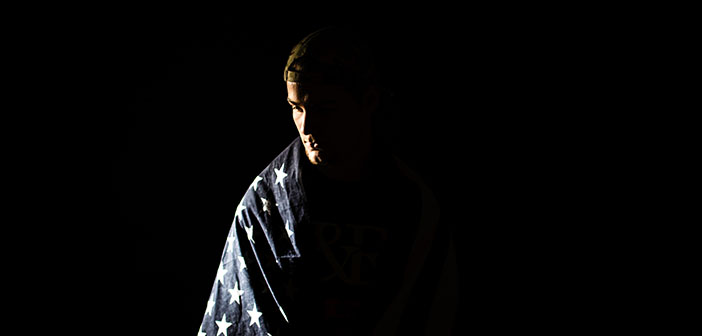
Randy Madden was in a bad place when he returned from Iraq after more than four years of serving in the U.S. Army.
“When I first got back, I was miserable, I was yelling at a lot of people,” Madden, 36, told Marijuana.com. “[I] started isolating myself.”
Suffering from post-traumatic stress disorder (PTSD), Madden is often agitated by triggering behaviors in others, including what he considers inconsiderate or rude actions. After becoming threatening toward co-workers, he applied for disability and stopped working.
The Washington state resident was prescribed Valium by U.S. Department of Veterans Affairs (VA) doctors, but he found himself sleeping excessively with no real symptom relief.
Then a friend suggested he try cannabis.
“It helps relieve stress, anxiety; it helps control my flashbacks,” Madden said. “It helps me being able to get out on a daily basis instead of being afraid to go outside.”
His story is not unique. Since 2015, Madden has worked with Twenty22Many, an Olympia, Washington-based veterans’ group, and has helped several veterans from attempting suicide with the help of cannabis and a sympathetic ear. He’s now Twenty22Many’s vice president. Named after the widely cited statistic that 22 veterans take their own lives daily, Twenty22Many was founded by Patrick Seifert, a former employee of Rainier Xpress, a medical cannabis clinic where he saw a huge need among veterans.
“We had thousands of veteran medical cannabis patients,” Seifert told Marijuana.com. “After I eyewitnessed cannabis healing my veteran brothers and sisters, I was hooked. What I thought was only urban legends about cannabis truly healing … it was 100 percent true.”
The organization’s biggest achievement to date, Seifert said, was getting PTSD added to the list of qualifying conditions for medical cannabis use in Washington.
“Three years ago we went to the capitol in a full show of force, determination and will. We found ourselves spending a lot of time at every open hearing and walking and talking about the veteran suicide epidemic every chance we got,” he said. “Now, because of our hard work, veterans can use medical cannabis without fear of losing their benefits.”
But the group’s fight is far from over.
Currently, Twenty22Many has access to medical professionals who write authorizations for medical cannabis cards at the discounted rate of $22. Seifert said the next level of legislative fight: free authorizations for all veterans.
“Something the VA should already provide since prescriptions for all veteran medications are free,” he said.
Paying for His Own Medicine
For veterans like Madden, cannabis is a life-saving treatment — one with fewer potential side effects than the pharmaceuticals he was prescribed.
As a result of his Valium use, Madden said he now has a kidney issue that may require surgery and prevents him from taking over-the-counter pain medication for headaches or back pain.
The VA considers cannabis a controlled substance, forcing Madden to have to pay for his cannabis medication using disability payments that he needs for housing and food.
“We shouldn’t be paying for medicine,” he said. “All my [medical]bills should be covered through the government.”
As the situation improves for Madden — he now has a service dog for his PTSD — he, along with Seifert, continue fighting in the name of other veterans.
“Cannabis is an awesome thing when it comes to helping veterans from PTSD,” Madden said. “Some of them use it, some of them don’t, but if they do — it does help.”


